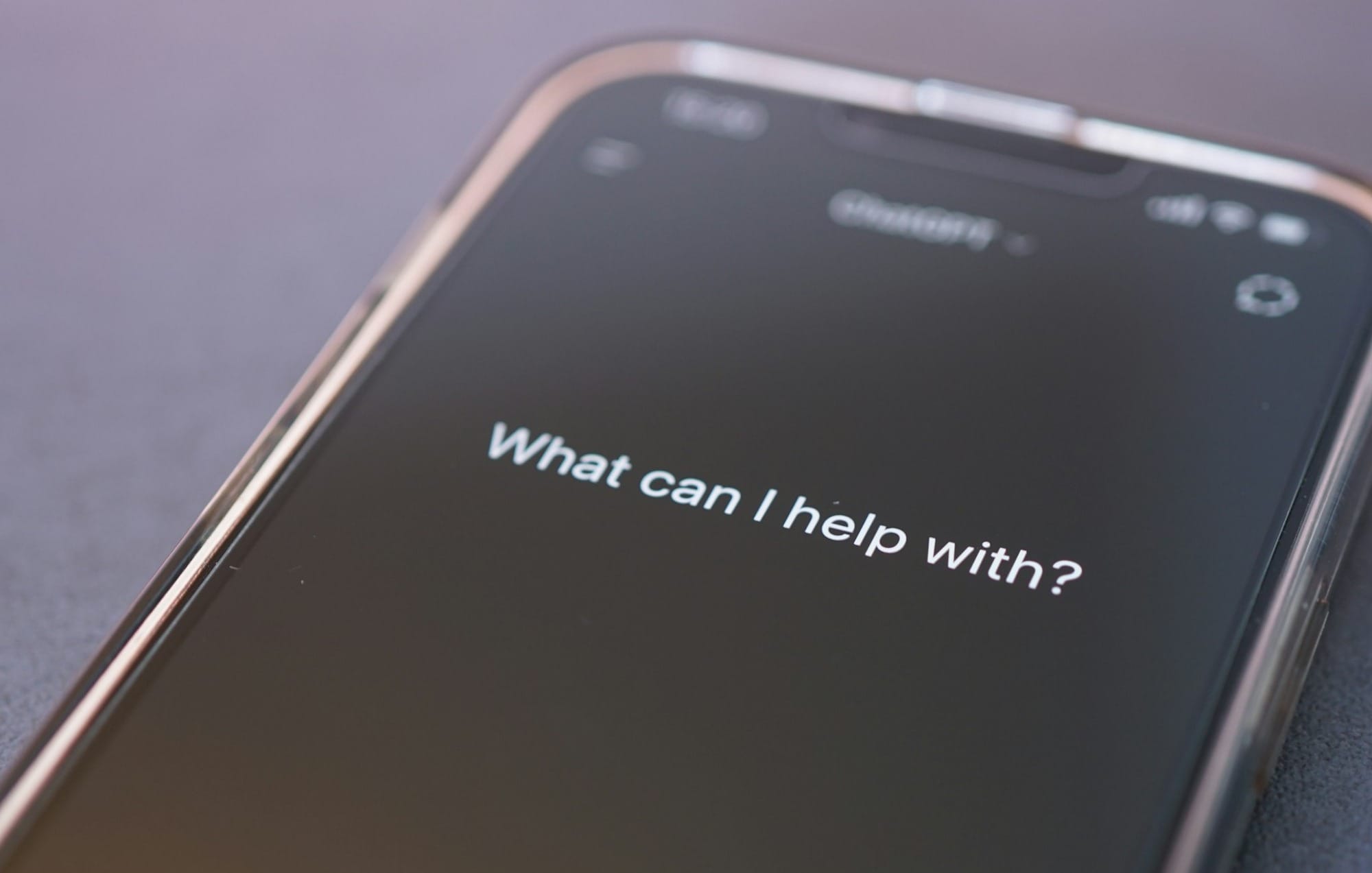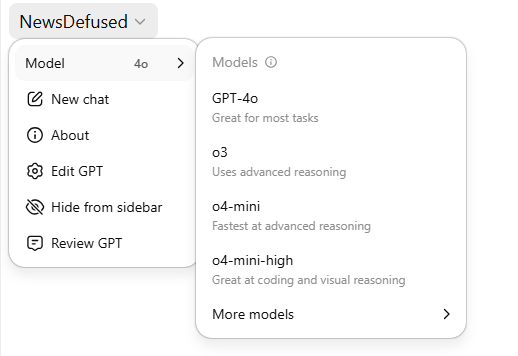ChatGPT’s homebrewed ‘apps’ just got a big, long-awaited upgrade

Homebrewed mini AI apps using OpenAI’s ChatGPT have just got a long-awaited intelligence upgrade.
GPTs (or ‘custom GPTs, as some people call them) provided early adopters of ChatGPT their first taste of customisation and personalisation when they were initially launched by Sam Altman back in November 2023.
These apps can now run all the latest and most intelligent LLMs available on the public ChatGPT platform.
It is a welcome boost for ChatGPT power-users, and an ecosystem of AI-powered software firms, that were among the first cohorts to have embedded the OpenAI tools into their everyday experiences.

Launched with an ‘app builder’ interface in late 2023, and supported by the addition of a GPT ‘app store’ in early 2024, the GPTs feature allowed creative ChatGPT users to create bespoke workflows and task-specific specialisations.
Available to premium subscribers, either as a GPT creator or an end user, essentially, they gave a more structured and specialised functionality above that of a standard ChatGPT AI interface.
This specialised, custom ‘app’ layer basically sits on top of the regular ChatGPT experience.
At first, GPTs were powered by the GPT-3.5 Turbo large language model (LLM), before being upgraded to the GPT-4 Turbo LLM. More recently, in January 2025, they were upgraded to the 4o model in January.
December’s addition of ‘Projects’, which shares similarities to GPTs, to the regular ChatGPT interface and the absence of the ‘advanced reasoning’ modes (introduced with the o3 and o4-mini LLMs) had left some GPT fans wondering whether the custom ‘app’ experience may be drifting toward the background.
Now, however, the latest update to the ChatGPT interface allow ‘GPT’ app users to switch between LLMs on demand.
The update comes after a glitchy week for OpenAI, and after AI rival Google Gemini last week showcased a stream of new features, models, and products.






